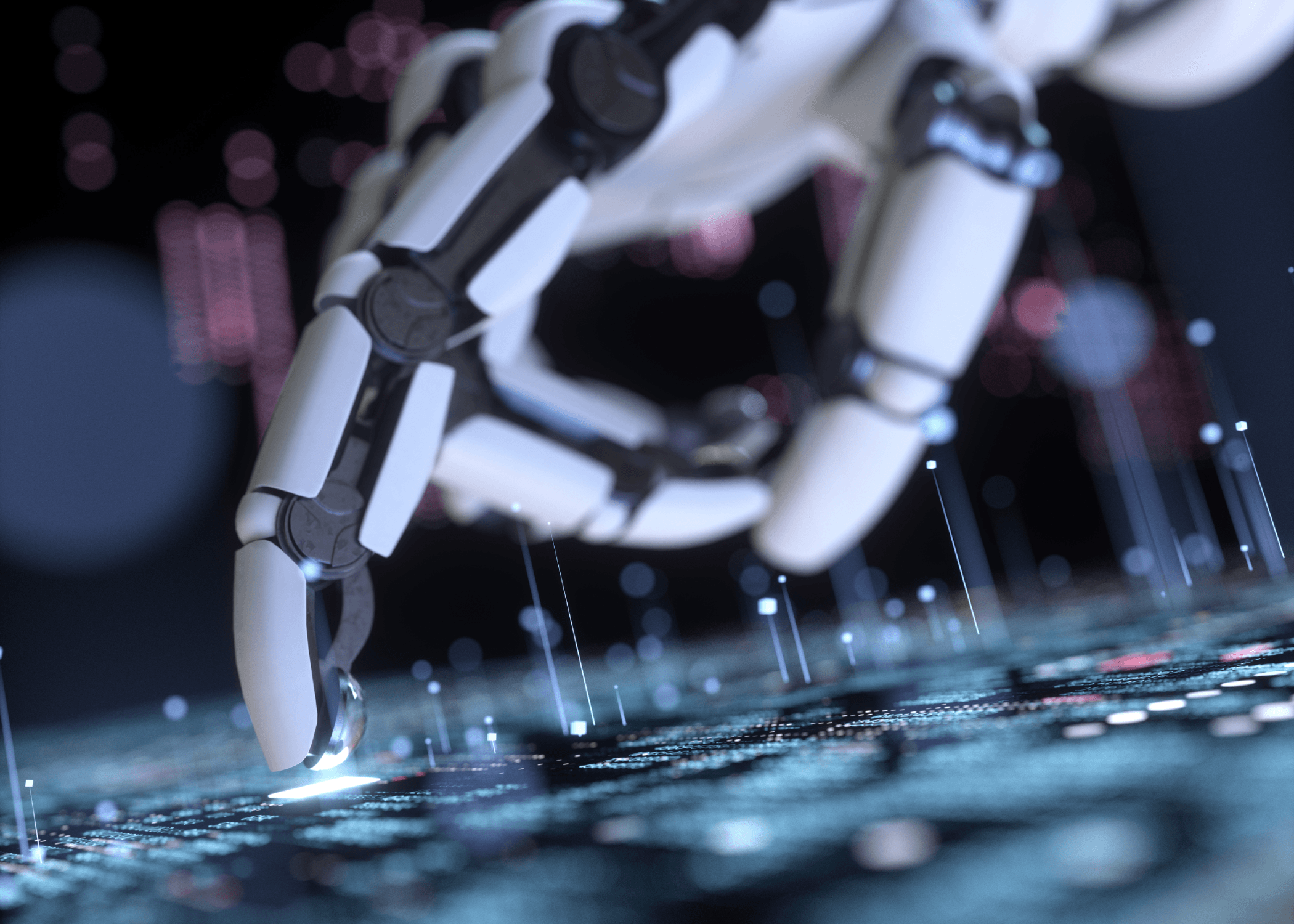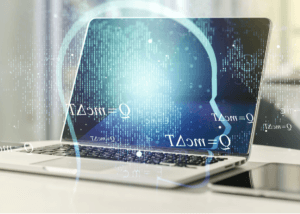Google DeepMind CEO: AI May Make Us Less Selfish
Google DeepMind CEO: AI May Make Us Less Selfish. Artificial Intelligence is no longer a futuristic dream-it’s an accelerating reality. And if there’s one person sitting at the heart of this revolution, it’s Sir Demis Hassabis. The CEO of Google DeepMind, a Nobel Prize-winning scientist and a former chess prodigy, believes that AI will not only reshape the world-it may reshape us. In his view, AI might make humanity less selfish by creating a future where scarcity is no longer the driver of conflict.
Hassabis’s journey is anything but ordinary. From mastering chess as a teenager in London to designing popular video games, he transitioned into neuroscience, earning PhD before founding DeepMind in 2010. Google acquired the company in 2024, betting big on its potential DeepMind and Google Brain-two powerhouses merged under Alphabet-Hassabis is leading the charge toward what may become the most transformative moment in human history.
In a wide-ranging interview, Hassabis discussed how close we are to achieving AGI, the philosophical and political implications of AI, and how the world must prepare. He estimates that we have a 50% chance of reaching AGI within the next five to ten years. His definition? A system capable of replicating all cognitive functions of the human brain-thinking, reasoning, creating, and solving problems like we do.
But unlike some competitors who warn about catastrophic risks or geopolitical arms races, Hassabis maintains a cautiously optimistic stance. He admits that AI could disrupt the job market, and that bd actors may weaponize AGI. But he also insists that with proper regulation and responsible development, AGI could unlock a golden era of abundance. Imagine a future where machines find cures to diseases, create clean energy sources, and even uncover new laws of physics.
Yet, with such a powerful force at humanity’s fingertips, the question becomes: can we be trusted with it?
Hassabis thinks we can-but only if we act fast. He emphasizes the importance of global collaboration, thoughtful governance, and security research. “We don’t have much time,” he warns. He advocates for “smart regulation,” which must evolve with the science and operate across borders, not just within them.
At the core of his argument is a bold claim: AGI might fundamentally alter human behavior. In today’s world, resources are finite, which breeds competition, inequality, and selfishness. But in a world of radical abundance-where clean energy, water, and health care are no longer scarce-our mindset could shift. People might become more generous, collaborative, and less concerned with zero-sum struggles.
He gives a concrete example: desalination. Currently, turning seawater into drinkable water requires enormous energy. But if AGI helps us crack clean, limitless energy(like fusion), then desalination becomes cheap and widespread-solving the water crisis without anyone having to “give up” anything. That’s the kind of leap AGI could make possible.
Still, the skeptics remain. As the interviewer points out, humanity already possesses the knowledge to solve climate change, distribute wealth more fairy, and reduce inequality. What we lack isn’t information-it’s willpower. Can AI fix that?
Hassabis believes it can help. He says that narrative around AI needs to be reframed-from a threat to livelihoods to a tool for progress. His own track record supports this argument. His AlphaFold breakthrough revolutionized protein folding research, winning accolades and promising massive advances in drug development. It wasn’t a marketing stunt-it was real science changing the world.
That said, Hassabis knows the stakes are high. The race to develop AGI is intense, not only among tech giants but between nations. While he dismisses the fear of an instant “hard takeoff” scenario-where one company’s AGI rapiidly accelerates far beyond others-he acknowledges it’s theoretically possible. The best way to prevent disaster, he says, is to build systems with the right values from the start, and to embed safety deeply into their design.
But what about jobs? Won’t AGI eliminate most human roles?
Hassabis doesn’t deny this risk. He says we’re entering a phase where humans will have tools that make us feel “superhuman,” enhancing productivity. But even in a future where machines can perform most tasks, he argues there will always be roles that require uniquely human traits-empathy, connection, presence. “No one wants a robot nurse,” he says. AI might diagnose you, but it can’t hold your hand.
Looking further ahead, Hassabis envisions a society transformed not just economically, but intellectually. He dreams of AI helping us solve the deepest mysteries of the universe-consciousness, time, the fundamental laws of reality. As someone who grew up devouring science fiction and philosophy, this is ultimate mission: to use AI not just to enhance life, but to understand it.
When asked if AI could eventually invent theories as complex and profound as the Riemann Hypothesis, Hassabis says we’re not there yet. Today’s systems can solve existing problems, but they can’t create entirely new frameworks. True creative intelligence-that’s still to come.
But the day may not be far. Google, he notes, is already working on the “next transformer”-a reference to the AI model architecture that powers today’s generative systems. He says they have several promising candidates that could about the next big leap, possibly surpassing everything we’ve seen so far.
And this time, Google won’t let its invention slip away. Hassabis admits the company was too slow to commercialize transformers back in 2017, which allowed OpenAI to capture the spotlight. That mistake, he says, won’t be repeated.
As for the future of search? Hassabis envisions a dual system-quick AI answers for facts, and a persistent AI assistant who knows you personally. This assistant will be like a digital partner, helping you think, plan, and live better. Eventually, you won’t just “use” AI-you’ll live with it, and maybe even grow with it.
In the end, Hassabis remains clear-eyed about the risks, but unwavering in his belief that AI can lead humanity to a better place-if we approach it wisely. “It’s a challenge,” he says, “but it can help with the others if we get it right.”
And if he’s right, AGI won’t just change the world. It might just change us too.

